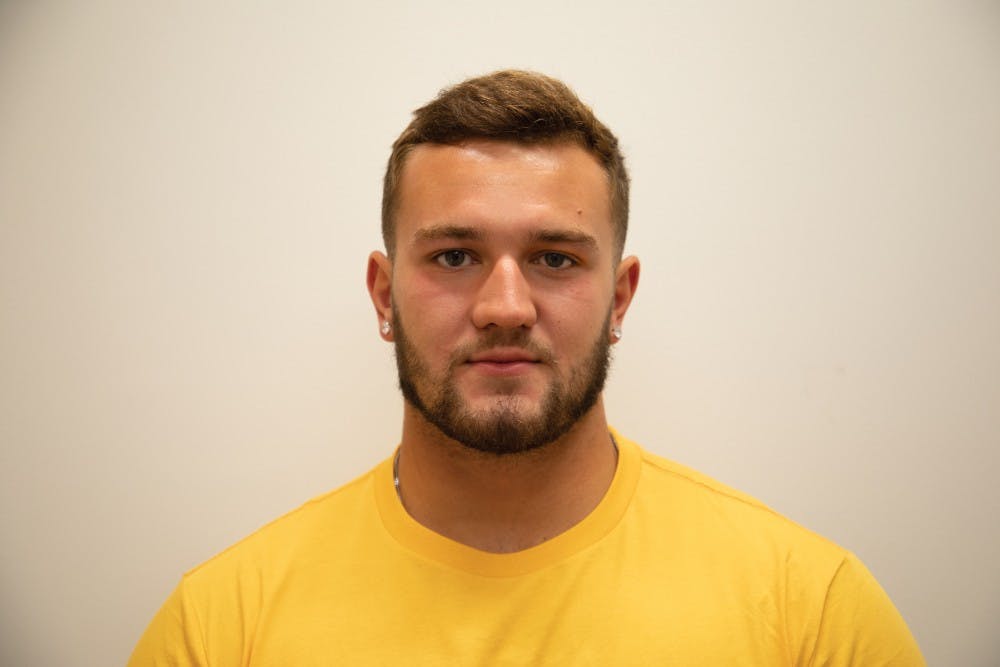
Mitchell Carter is a sophomore journalism major and writes “MitchSlap" for The Daily News. His views do not necessarily agree with those of the newspaper. Write to Mitchell at macarter@bsu.edu.
If you’re a Division I football player looking to transfer schools to care for your sick mother and be eligible to play immediately, the National Collegiate Athletic Association (NCAA) is not your friend.
The NCAA has been under fire for a multitude of issues in recent years, but the most recent gripe is one that has tugged on the heartstrings of both college football fans and all human beings with a soul.
Brock Hoffman, a former college football player for Coastal Carolina, transferred to Virginia Tech in February to be closer to his mother who had surgery to remove a brain tumor. Despite this surgery, she is continuing to work to pay off the medical bills.
Hoffman and his family sent in medical records alongside his request for an eligibility waiver that would allow him to play immediately upon his first season at Virginia Tech. To any sane person, it all seemed like a done deal, until the news broke that his eligibility request was denied.
There are a plethora of rules for NCAA student athletes when it comes to transferring, and Brock didn’t fit the requirements for the “Family Medical Hardship” eligibility exception waiver he applied for for two reasons.
See, Virginia Tech is 105 miles from Hoffman’s home in Statesville, North Carolina, and the maximum distance for a player to seek a waiver in the interest of supporting an ill family member from home is 100 miles. Not only that, but officials from the NCAA said they denied the waiver because his mother’s condition was improving, even though she still suffered from “facial paralysis, hearing loss and impaired eyesight.”
If players like Tate Martell and Justin Fields can be granted eligibility immediately after transferring to and from large Power Five schools for their off-the-field issues, the fact that an athlete cannot be granted eligibility after transferring to help take care of his mother after her brain surgery is a slap in the face not only to collegiate athletes, but to the human race.
The NCAA questioned why Hoffman’s mother didn’t just retire after the brain surgery — because obviously everybody in America is well-off enough to drop everything at a moment’s notice and continue living just fine. The family said they tried to explain that their medical bills are almost a million dollars, and she hadn’t worked long enough to get her pension yet.
It was fiscally impossible for the Hoffman’s to sustain their financial situation without her continuing to work.
The Hoffman’s provided insurance statements to the NCAA alongside the medical records showing how the retirement of Mrs. Hoffman would have financially compromised their family, but to no avail.
The NCAA’s system of deciding who gets their eligibility reinstated upon transferring is broken and needs to be reworked sooner than later.
Brock Hoffman will sit out of the 2019 season for the Hokies. He will be working out with the team, practicing with the team and be on the team. He will continue to build upon his skill for the game he loves so much and the strength he has developed over his years of rigorous training. He will see his teammates every day in the locker room, he will lift weights with them, laugh with them and sweat with them.
However, when Virginia Tech suits up, Brock will be at home, with his family, watching on television.
NCAA, from all of us – fans and athletes alike – do better.

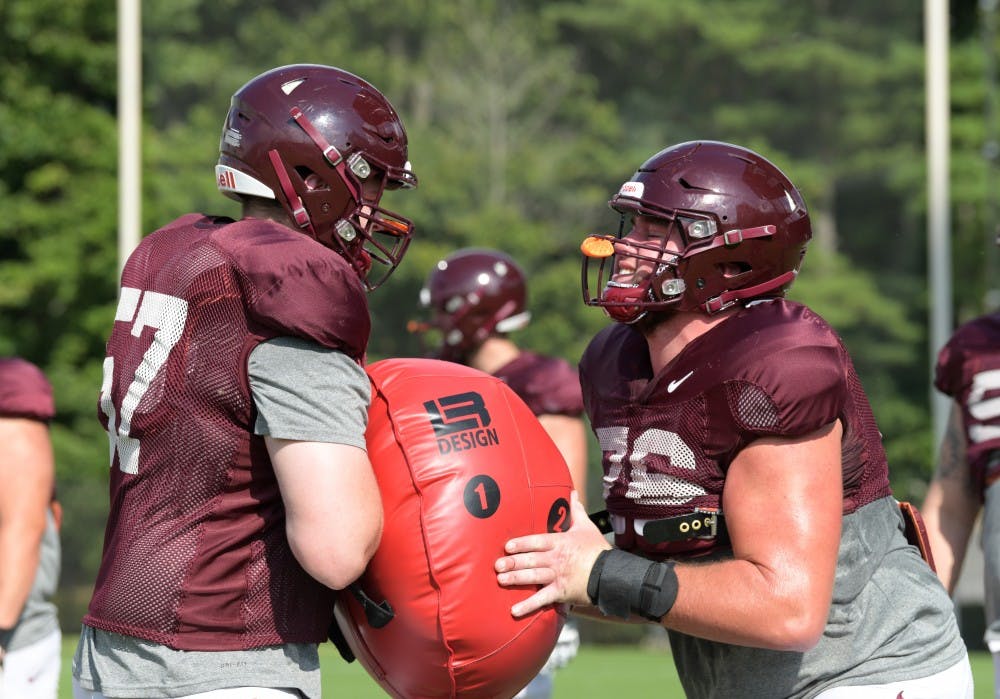
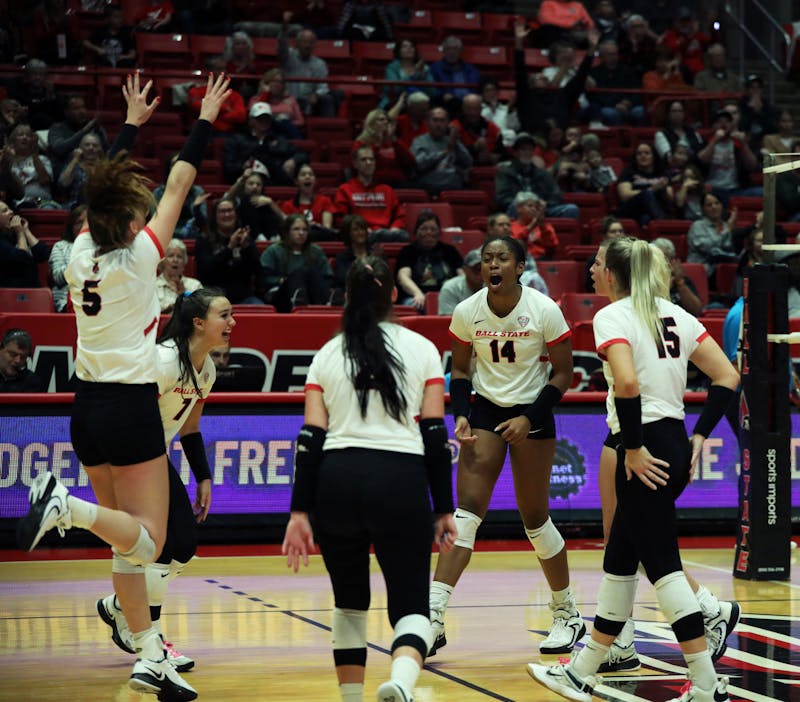
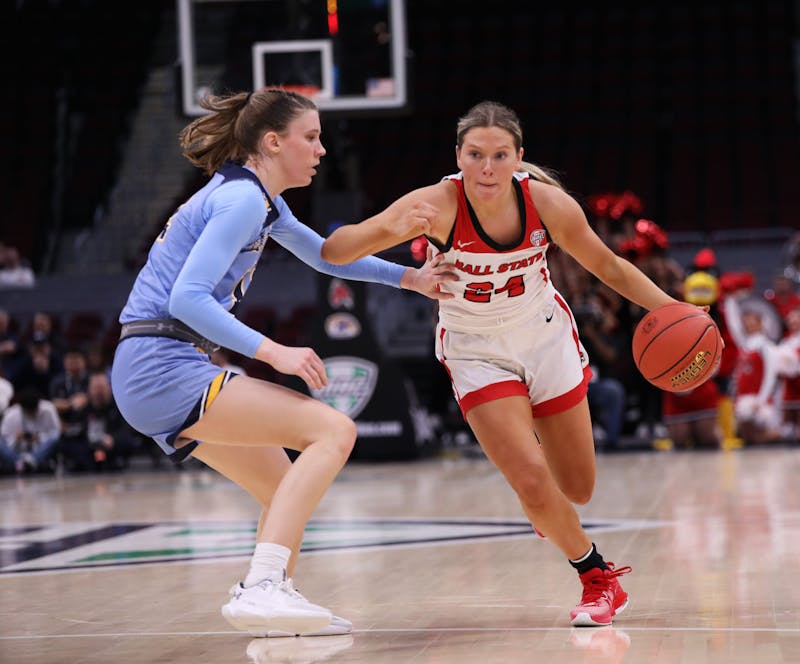
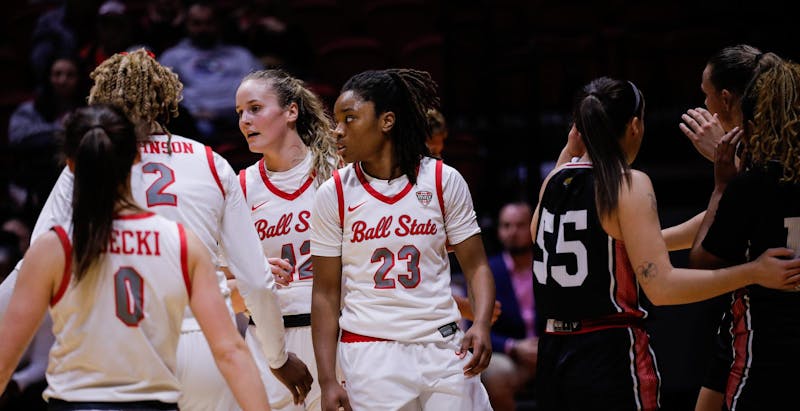
The Daily News welcomes thoughtful discussion on all of our stories, but please keep comments civil and on-topic. Read our full guidelines here.